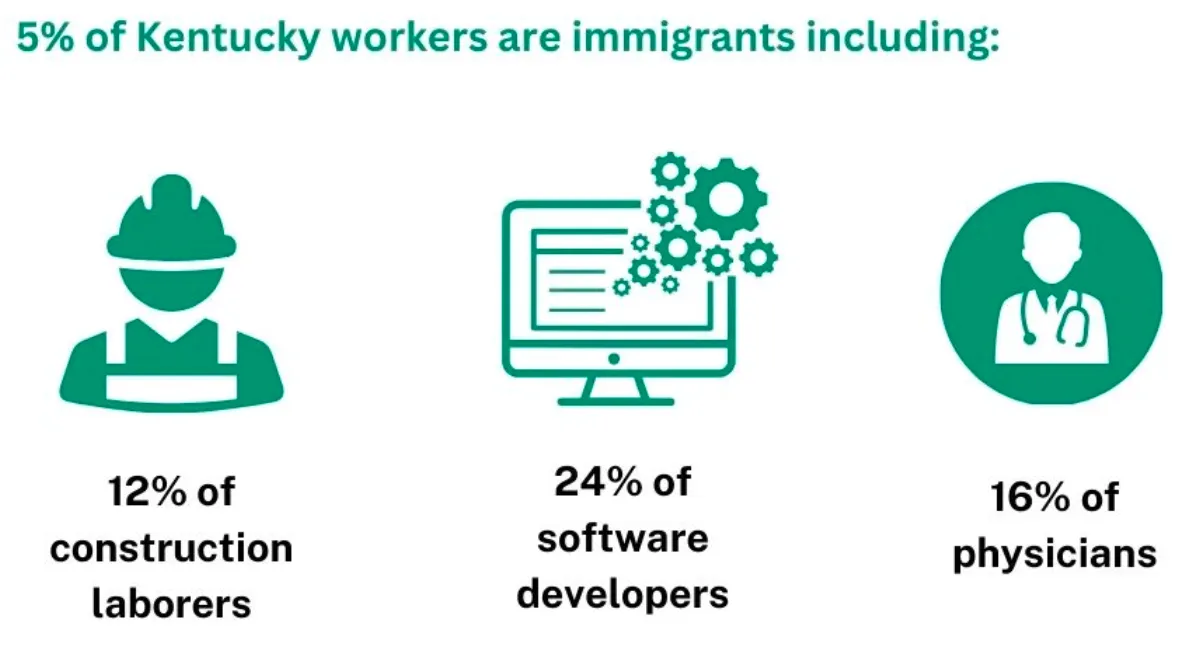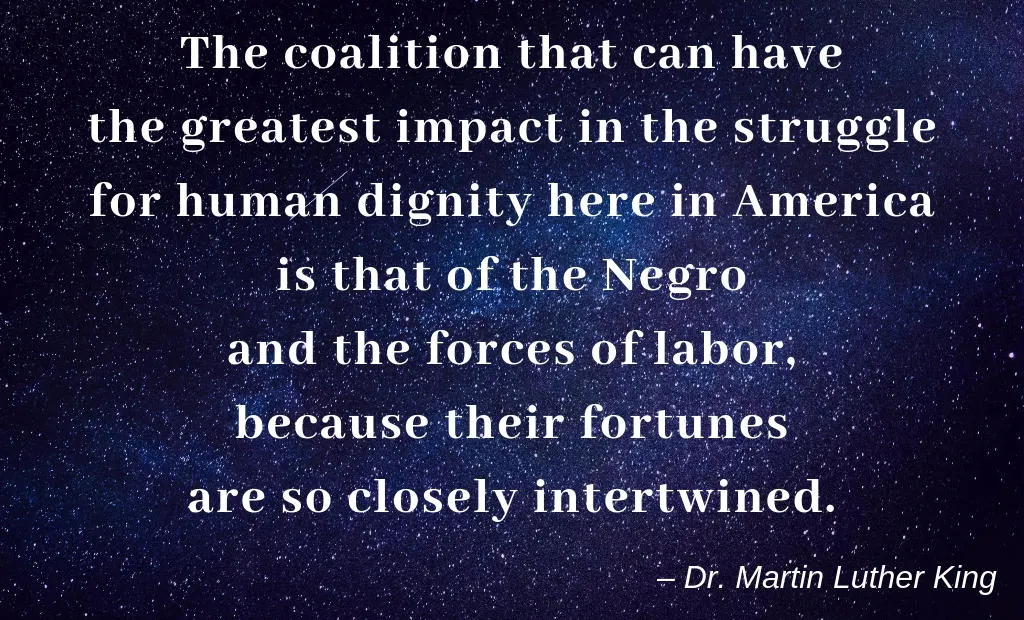Table of Contents
Kentucky is one of just five states to hold elections for statewide office in off years. Currently, 36 states hold elections in midterm years, 11 hold them in Presidential election years, 2 hold them the year after a Presidential election, and 3 hold them the year before. Vermont and New Hampshire hold elections every 2 years.
Senate Bill 3 would change that, moving elections for statewide office to 2028. This means that those elected to office in 2023 would serve a 5-year term rather than a 4-year term. This is a recurring bill, and versions of it have been filed in the past. But this year it seems to have a little more momentum, passing out of the Senate 31-3. This bill has several benefits, a few minor concerns, and some significant tactical questions.
Benefits
The two main benefits of switching election years are cost and turnout.
Increased turnout
In terms of turnout, having elections run concurrently has been shown at multiple levels to increase voter participation.
As there are only five states with off year elections in the US, there is not a lot of research on what moving statewide elections to Presidential or midterm years would do to turnout rates. However, studies have shown that switching to concurrent elections at the local level can nearly double turnout.
Other evidence has shown that switching to concurrent elections doesn’t just increase turnout once. Turnout rates continue to grow as people become more likely to be habitual voters.
It is no secret that turnout in Kentucky’s statewide elections is low. 2019 saw the highest turnout since 1995 (42.2%), which still wasn’t as high as the lowest turnout midterm election in that time (2014, 45.9%). While turnout wouldn’t double, it would still likely increase significantly.
Decreased cost
The other major benefit is cost. It can be tricky to estimate costs in a situation like this, but it is likely to save state and county governments millions of dollars, as larger costs, such as renting facilities or hiring poll workers, would decrease.
When considering what to do with those savings, Sen. Morgan McGarvey has suggested that the money saved go towards other efforts to help people vote such as early voting and extended hours. This is a practical plan, and even if only some of the money went towards those goals, it would increase turnout even further.
Concerns and responses
There are, of course, some concerns with the idea. Some of these are practical concerns. Having more races at once would lead to longer ballots, which could either slow down the voting process (leading to longer lines) or simply cause people to vote straight ticket. When lines are already prohibitively long in some places, even adding a few seconds for every ballot cast can add up and make the situation worse. However, this is an argument for early voting, opening more polling locations, and hiring more poll workers. Making voting faster is a good thing, but shortening ballots to do it is hardly the answer.
Another concern is that there are only so many campaign workers and volunteers to go around. If a candidate for statewide office now has to compete for workers with races for President, Senate, and Congress, it can make all of these races more expensive. However more attention can often mean a bigger pool of volunteers to work with, and if cost is a concern, publicly-funded elections could help.
The more common concern is that having concurrent elections would tie state politics to national politics. This was one of the motivations for switching election years in the 1850 Constitution.
But the connection to national politics is happening already. President Trump visited Kentucky to campaign for Republican statewide candidates, who in turn played up their connections to the President. The State Senate’s priority bill this session deals with federal immigration policy.
Furthermore, Kentucky’s decision to keep off-year elections in the 1891 Constitution may have been influenced by the potential presence of federal troops.
While Kentucky’s new Constitution was being debated, the Federal Elections Bill (Lodge Bill) was being passed in the US House of Representatives. This would have potentially allowed federal troops to be sent in to oversee federal elections and help ensure blacks in Kentucky had access to the polls. The bill failed to pass the Senate, but it concerned Kentucky’s white leaders nonetheless. The decision was made to keep holding elections in off years so they would not align with federal elections and therefore have less federal oversight. Mississippi did the same.
Tactical issues
There are some other considerations that need to be addressed, and these issues are tactical rather than objective measures such as cost and turnout.
A version of this bill has been proposed before. Initially I never imagined it would go forward due to the fact that certain lower-level elected officials would have to give up their current seat to run. For example, a State Senator currently can run for Governor, and even if they lose, they would not have had to give up their seat.
Under SB3, potential candidates might have to give up their seat in order to run. Holding the elections in Presidential years would give an advantage to legislators elected in midterm years (State Senators from even-numbered districts, for instance), who would still be able to attempt a run without risking their current seat.
This feature is concerning due to the fact that 7 of the 9 Democratic State Senators are from odd-numbered districts. Forcing these officials to choose may keep them from running for higher state office, limiting the pool of potential Democratic candidates.
Holding off-year elections has also traditionally been seen to benefit Democrats in Kentucky, as the higher Republican turnout in federal elections would be less of a concern. This may have provided some insulation in the past, but recently, off-year elections haven’t done that much for Democrats, who have won just 3 of 12 statewide races over the past two cycles.
Finally, the choice to hold the election in 2028 as opposed to 2026 is interesting. Democrats were just a few thousand votes from being swept in 2019, and this decision leads me to believe that Republicans in Kentucky are fairly confident about their chances in 2023. If Republicans felt Beshear may win a second term, it may be likely that the proposed elections would take place in 2026, giving the Democrat one less year in office. I’m not sure they would consider giving the next governor a five-year term unless they felt sure it would be a Republican.
Going forward
In general, SB3 is a positive bill. It would increase turnout and save money (which could be used to further increase turnout). There are a few practical concerns regarding voting time or campaign volunteers, but the effects of these concerns can be easily mitigated and do not outweigh the benefits of increased turnout.
Some of the political motivations may be cause for concern. Placing barriers on some elected officials and giving a governor a longer term are both sources of unease with the bill.
I would advocate for holding elections in midterm years beginning in 2026, bringing us in line with most other states. This would have all of the cost-saving benefits while increasing turnout in midterm elections, which is lower than in Presidential years. Having more consistent levels of turnout between elections is good, making voting something more people do more often.
This sort of action is in line with Kentucky’s elections in general. We are one of just five states that holds all of our municipal elections at the same time as federal elections. Moving state-wide elections to even years (especially midterm years) would make us a national leader in election timing. With Kentucky being so hard to vote in, fully concurrent elections could be a bright spot for our elections.
–30–







